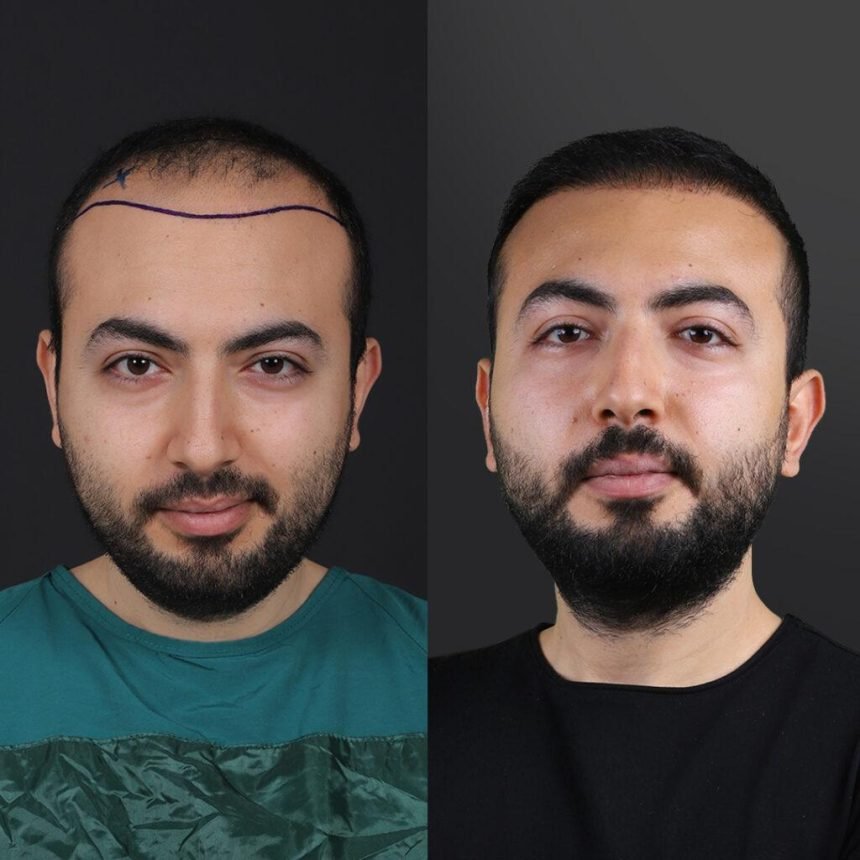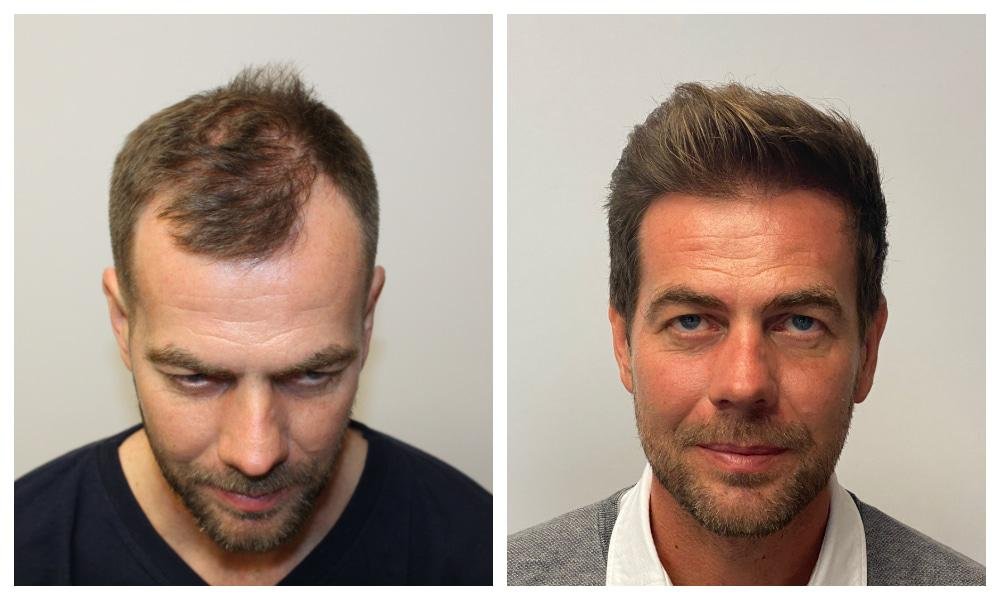Hair Loss Prevention
- Home
- Hair Loss Prevention

Hair Loss Prevention
For centuries, people have marketed various hair loss prevention solutions, including jellies, tinctures, sprays, mists, creams, pills, exercises, laser caps, and more. Nowadays, we also have advanced options like platelet therapy, stem cell regeneration, and cloning. However, we remain skeptical about the viability of platelet therapy and cell regeneration at this stage, and cloning still seems to be many years away.
In the past, you would have to trust a salesman and hope for the best, praying that your hair loss would stop. Thankfully, today we have decades of data showing which remedies are effective and which are not.
Our hair transplant surgeons will discuss with you the options that may be best for your specific case.
Hair Loss Prevention

The best way to avoid a hair transplant or reduce the number of required surgeries is to prevent hair loss from occurring in the first place. Even after undergoing a hair transplant, it’s essential to continue preventing further loss.
Genetics play a major role in hair loss, with most cases attributed to genetic factors and the hormone DHT, the primary cause of typical male pattern baldness. Hormonal changes due to pregnancy can also lead to hair loss, though this is often temporary. Besides hormonal causes, many other factors can contribute to or cause hair loss.
- Tight Hairstyles: Styles that pull hair back, tie it up, cornrow, or braid it can strain and damage hair follicles, leading to hair loss. Extended periods of wearing such tight hairstyles can result in permanent hair loss. Excessive bleaching and harsh styling techniques can also cause hair damage.
- Turbans: Increasingly, men are experiencing hair loss from wearing turbans that pull their hair too tightly.
- Illness: Various medical conditions can trigger hair loss. If you notice sudden, patchy, or significant hair loss, or if your hair is falling out in clumps, consult a physician. Issues may stem from glandular problems, autoimmune conditions (such as Alopecia Areata), infections, fevers, and skin disorders. Physical or emotional shock can also cause hair loss.
- Medications: Treatments like chemotherapy often lead to hair loss. Additionally, medications for high blood pressure, arthritis, heart issues, cancer, or depression may also impact hair health.
Blame your parents. The vast majority of hair loss is caused by genetic factors and the actions of the hormone DHT, the cause of typical male pattern baldness. Hormonal fluctuations due to pregnancy can also cause hair loss, although it is often temporary. Besides the hormonal causes, there are many other factors that can contribute or cause hair loss.
- Tight hair styles: pulled back, tied-up, corn-rowed or braided. If you are wearing a style that constantly strains and pulls your hair, the follicle can be weakened or broken and the hair can fall out. Many people who have worn a tight hair style for an extended period of time experience permanent hair loss. Excessive bleaching and using harsh styling techniques can also lead to hair damage.
- Turbans: We are seeing more and more men coming to us with hair loss caused by wearing turbans which pull their hair too tightly.
- Illness: There are a number of underlying medical conditions that can trigger hair loss. If you are experiencing sudden, patchy or massive hair loss, or your hair is coming out in clumps, you should seek the advice of a physician. Problems may arise due to glandular issues, auto-immune issues (Alopecia Areata), infections, fevers and skin disorders. Physical or mental shock can also cause hair loss.
- Medications: Patients being treated with Chemotherapy often experience hair loss, and people who regularly take medications for high blood pressure, arthritis, heart issues, cancer or depression may also be impacted.
